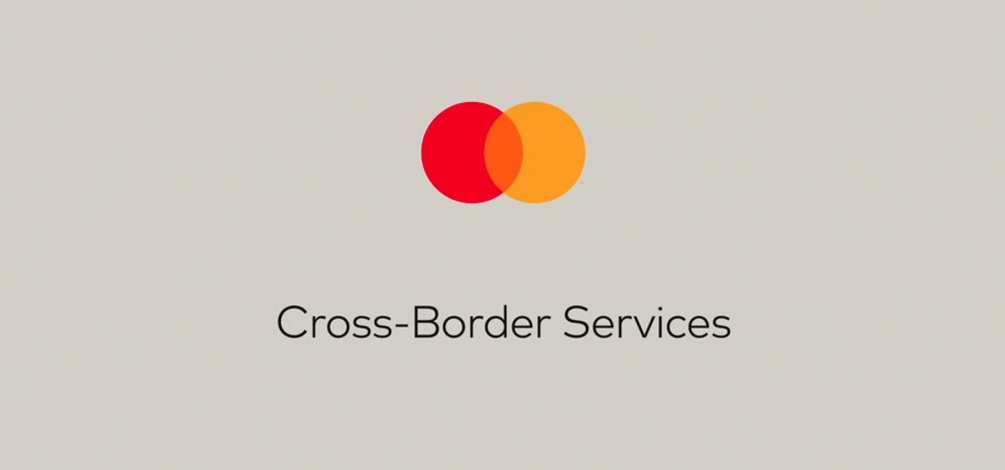
For the first time, crypto exchange users will be able to send and receive crypto using their Mastercard Crypto Credential aliases, instead of the typically long and complex blockchain addresses, the company said. „The live Mastercard Crypto Credential P2P transactions represent the potential to further expand and support the domestic and cross-border remittance market.” – according to the press release.
What Mastercard is saying:
The live transaction capabilities are enabled on the Bit2Me, Lirium and Mercado Bitcoin exchanges, allowing them to enable blockchain transactions simply and securely between Latin American and European corridors.
Users in Argentina, Brazil, Chile, France, Guatemala, Mexico, Panama, Paraguay, Peru, Portugal, Spain, Switzerland and Uruguay will be able to send cross-border and domestic transfers across multiple currencies and blockchains.
Building on this momentum, Foxbit is the latest crypto wallet provider to join the Mastercard Crypto Credential pilot ecosystem, extending the reach to more consumers. Lulubit users will also receive access through its integration with Lirium.
What it means:
Mastercard Crypto Credential helps verify interactions among consumers and businesses using blockchain networks. It provides the assurance that the user has met a set of verification standards and confirms that the recipient’s wallet supports the transferred asset.
Through the exchange of metadata, Mastercard Crypto Credential eliminates the complexity of a consumer knowing which assets or chains are supported by the person they are looking to send funds to, bringing more trust and certainty to these transactions.
Mastercard Crypto Credential supports the exchange of Travel Rule information for cross-border transactions. The Travel Rule is a regulatory requirement to ensure transparency and prevent potentially illegal and illicit activities.
The P2P transaction is the first of many possible use cases that Mastercard Crypto Credential aims to support. Others may extend to NFTs, ticketing, and other payments solutions depending on market and compliance requirements.
How it works:
The exchange will first verify a user under the set of Mastercard Crypto Credential standards. At that point, the user obtains an alias to send and receive funds across all supported exchanges.
When a user initiates a transfer, Mastercard Crypto Credential verifies that the recipient’s alias is valid, and that the recipient’s wallet supports the digital asset and associated blockchain.
If the receiving wallet does not support the asset or blockchain, the sender is notified and the transaction does not proceed, protecting all parties from the potential loss of funds.
What happens next?
A select group of crypto wallet users will leverage Mastercard Crypto Credential on a first-come, first-serve basis. Wider availability will roll out to more than 7 million users across the participating exchanges over the coming months.
Banking 4.0 – „how was the experience for you”
„To be honest I think that Sinaia, your conference, is much better then Davos.”
Many more interesting quotes in the video below: